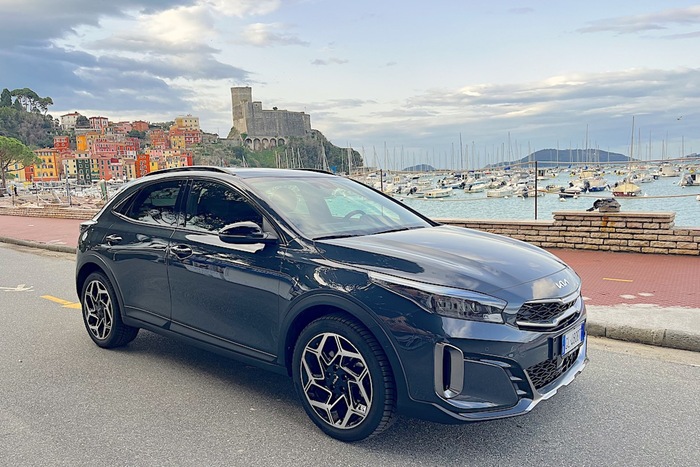Are we heading for a general slowdown?
While several large French cities limit car traffic to 30 km / h instead of 50 (Paris, Lyon, Grenoble, Toulouse, Lille, Nantes, etc.), the socialist mayor of Paris Anne Hidalgo wishes to apply a similar principle to roads motorways.
Invited Tuesday morning on RMC, the 2022 presidential candidate declares herself "in favor of slowing down", because "130 is a lot.
Speed equals accident.
"
🎙 Anne Hidalgo: "I am for lowering speed on the roads, 130 km / h is a lot. Less speed means fewer accidents".
The PS candidate for the presidential election invited to #BourdinDirect.
pic.twitter.com/q5Gs7I025E
- RMC (@RMCinfo) September 21, 2021
Compared to its European neighbors, France is within the norm.
Malta holds the record for slowness with a maximum of 80 km / h.
Estonia varies according to the seasons: 90 in winter, 110 in summer.
Conversely, it is in Poland and Bulgaria that we drive the fastest, at 140 km / h.
Only Germany, where the automotive lobby is very powerful, does not impose a maximum speed on certain sections, but “recommends” a limit of 130 km / h.
One of the highest in the world
With their 100 km / h, Norway and Cyprus, sometimes Portugal and the Netherlands, come closer to the Asian model (Japan, China, South Korea, Indonesia). Elsewhere in Europe, we drive between 110 and 130 km / h. These limitations are among the least restrictive in the world (100 km / h in Canada, 89 to 120 km / h in the United States). And France is well in the upper range, with Italy, Greece, Denmark or Austria, for example.
Is it necessarily synonymous with accidents, as Anne Hidalgo maintains? If speed "excessive or unsuitable for the circumstances" is indeed the leading cause of fatal accidents, it is much less so on motorways. This factor occurs more often than average on roads limited to 70 km / h, reports the Interministerial Observatory of Road Safety, while it is "less present on highways limited to 130 km / h". In 2019, the OISR listed in a final report 3,244 people died on the road, including 263 on the motorway. That is 8%.
“It's automatic: the lower the speed, the fewer accidents there are.
But the stake is on the secondary network, confirms Dominique Mignot, director of the department of transport, health, security at the University Gustave Eiffel (Seine-et-Marne).
The measure that is recommended is the passage from 90 to 80 km / h on this secondary network ”, in rural areas.
On expressways, speed is more a factor of gravity than of occurrence, believes Philippe Chrétien, CEO of Ceesar (European Center for Safety Studies and Risk Analysis).
In 2019, there were 1.6 deaths per billion kilometers traveled on the motorway, against 5.2 on all road networks, indicates the results of the OISR.
“We can say that the motorway is a relatively safe means of road transport compared to the rest of the network.
"
A well-maintained network
In addition, France is one of the rare countries to lower the speed to 110 km / h in the event of bad weather (rain, fog, snow ...).
And “as soon as there is a little traffic, operators set up regulation speeds to make traffic more fluid,” recalls Dominique Mignot.
We already have an application of 110 as a traffic regulation measure.
"
Good road maintenance, the management of which is entrusted in France to private companies, also helps to reduce risky situations.
"The entries and exits are controlled, the marking on the ground well maintained", details Philippe Chrétien.
Finally, driving on expressways has changed very little, to the point that road safety experts do little to work on motorway issues in accident studies.
We drive there today as we drove 20 years ago.
And “risk scenarios are known, such as drowsiness, fatigue, linked to the long and monotonous nature of these journeys.
"
In town, it's the opposite: the traffic conditions are so unstable that they require constant vigilance.
And in this case, limiting the speed makes perfect sense.





